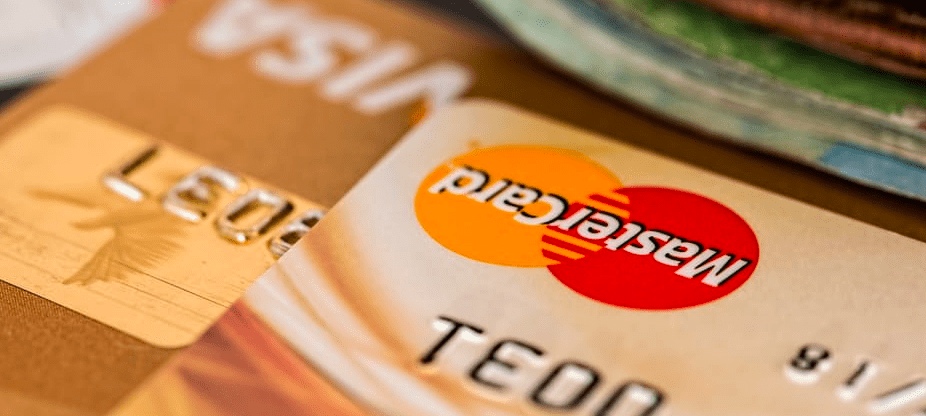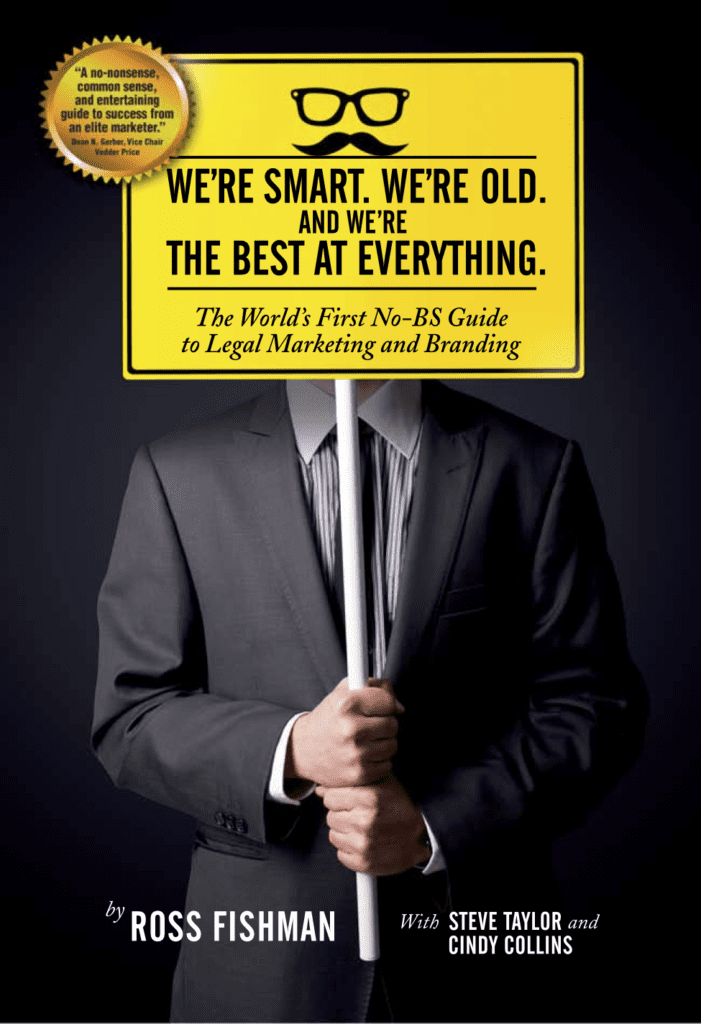Here’s how to improve your results.
A friend asked about the correct strategy and structure of a law firm’s individual marketing budgets. This is something I’ve paid a lot of attention to at literally hundreds of firms with 20-500 lawyers, so although the following are my subjective opinions, they’re based upon a pretty big data set:
How much should the lawyers get?
I recommend that associates get $500, junior partners $2,500, and senior partners $5,000-$10,000. The biggest rainmakers might even get $25,000 or more, based upon their books of business and ability to spend it wisely. Below are six important tips to spending your money wisely.
1. Train your lawyers re how to spend their marketing budgets.
I’m a big believer in individual marketing budgets, but ONLY when combined with marketing and business-development training to help them learn how to use it.
That is, teach your lawyers what’s expected of them, how to efficiently spend the money, and then treat them like ethical professionals. “Marketing” is an amorphous concept, and without a collective understanding of the rules, you can get complete anarchy, with lawyers spending the firm’s money based upon their own personal philosophy, rather than techniques that have been proven to be effective.
A savvy law firm recently asked me to develop an entire hour-long presentation to teach its lawyers good habits in efficiently and effectively investing their individual marketing dollars, i.e. how they should, and shouldn’t, be spending their budgets. 
Give them a corporate credit card.
We don’t want them to seek prior approval or reimbursement for every single marketing effort. The weight of administrative paperwork will gradually lead to much less of the marketing activities you want to encourage. I know it sounds ridiculous, but after working with 250 law firms, this is just the practical reality. Non-marketers generally won’t spend much of their budgets anyway.
If you’re concerned that your lawyers can’t be trusted to spend their money without upfront oversight and draconian approvals, you have a much bigger issue than wasting a few bucks on individual budgets. Most firms eventually realize that the administrative time spent in the approval process is unwieldy, and so only require advance authorization for expenditures over a certain dollar amount.
2. Don’t require pre-approval of typical expenditures.
In my experience, only ~2-3% of lawyers will unethically abuse their budgets.
When caught, the abusing lawyers should privately and confidentially be told “Here’s what we’re seeing. Knock it off.” Those conversations are rare and awkward, but important to the integrity of the system.
One firm I worked with found a partner charging the purchase of a pair of cowboy boots to her marketing budget. Lawyers hate confrontation, so no one in management wanted to directly ask her “WTF?” Instead of having an uncomfortable conversation or canceling the abuser’s card, they circulated an All Attorney memo canceling everyone’s cards.
This directly decreased the amount of the lawyers’ external marketing activities because it wasn’t worth the hassle of (1) charging something to their personal cards, then (2) filling out the paperwork, and (3) waiting to get reimbursed.
Requiring pre-approval of each expenditure leads to less marketing.
Note that some associates will simply keep taking out their same few college or law school friends. That’s likely because they don’t yet know very many actual prospects — they’re being young and introverted, not unethical.

They also need training, particularly in networking, so they know where to go and what to do. You can’t expect them to be successful if you don’t tell them how to get there.
3. No golf holes or charity tables without pre-authorization.
Pre-approval should be required for sponsoring golf holes and buying tables at e.g. grammar schools and charitable events. Not that there couldn’t conceivably be a legitimate reason to occasionally spend marketing bucks on those things, it’s just an area that’s extremely prone to abuse and waste. It’s too easy and enticing to blow the whole $2,500 wad on one stupid non-strategic activity in December because it’s use-it-or-lose-it money sitting in their account. That is, it feels like “free money.”
Your most-popular rainmakers get ongoing and pushy one-off demands from big clients and hot prospects to support their pet charities and other sponsorships. Note — this should be considered Corporate Extortion, not Real Marketing. There should be a separate budget for this nonsense; it shouldn’t reduce the firm’s strategic marketing budget.
Read this important post, “The Top 5 Tips for Sponsorships and Charitable Contributions” here.
4. You don’t have to buy your friends.
And regarding requests from prospects, where the dangled implication is “If you invest in my favorite charity I just might send you some work soon…” <wink wink, nudge nudge> Forget it, they never do. You’re just being a sucker. You can’t buy friends. Instead, earn the work by being the better choice.
Lawyers become very generous when spending other people’s money.
As I mentioned above, it’s easy for the partners to consider a marketing budget to be free money, so it’s enticing to say “yes” to every request or demand. They’re subconsciously thinking:
“It probably won’t lead to business, but I’ll get to look like a big shot at the event. And if we miraculously do get actual work out of it, then I get all the billing credit! It comes from the firm’s budget, so only 3 cents of every sponsorship dollar I spend comes out of my pocket. It’s a win-win! For me at least…”
5. Split charity and sponsorship expenditures 50/50 with the lawyers.
The best way to sort the strategic wheat from the chaff is to require that the lawyers have some skin in the game. Firms that insist that partners pay half of every charitable and sponsorship dollar get dramatically fewer requests to invest in pet projects and wasteful long shots. If it’s a legitimate marketing opportunity, the partners should be willing to invest some of their own money. After all, when the work does come in, they’ll get the origination credit and resulting compensation dollars on the back end anyway. (Note: This will be controversial, and some people will resent this and try to shoot the messenger. This should look like the Executive Committee’s idea/decision, not the marketing professional’s.)
And here’s a bonus tip:
6. Do not let them keep whatever is left over in their budget.
If you do, within 2 years they’ll start to think of their marketing budget as additional salary. They’ll actually start spending LESS on their individual marketing activities if they get to keep the residual dollars. Trust me.
Need a new advertisement, brand, or website?
Contact Ross now at: ross [at] fishmanmarketing.com or +1.847.921.7677.
Download a free copy of his best-selling strategy and branding book, “We’re Smart. We’re Old. And We’re the Best at Everything.” here or buy an actual book on Amazon here.
Do your lawyers need marketing training or a dynamic speaker at a firm retreat, either live or via webinar? Ross is one of the legal profession’s most-popular marketing and CLE presenters. Here’s a link to a video of Ross in action.



